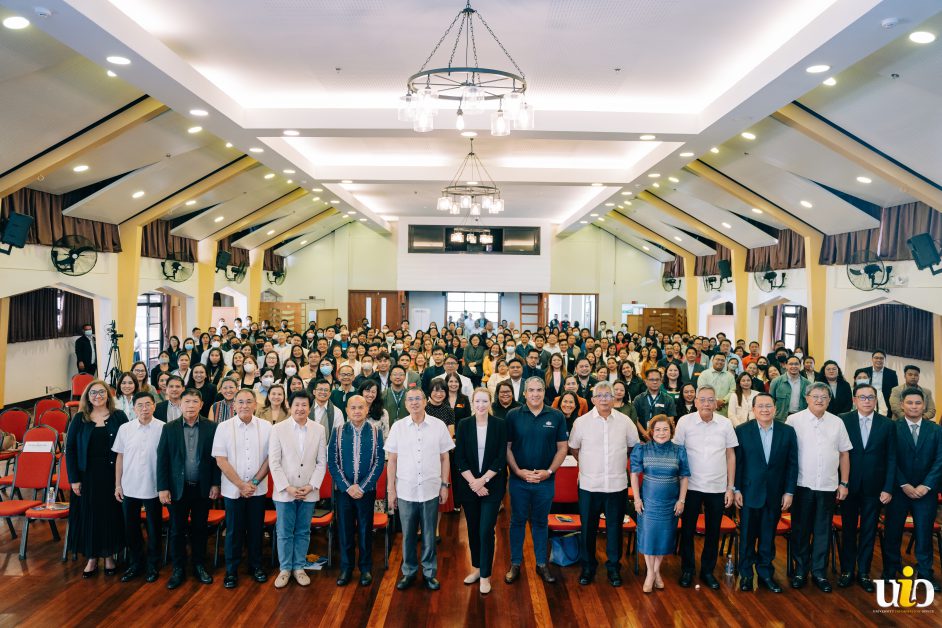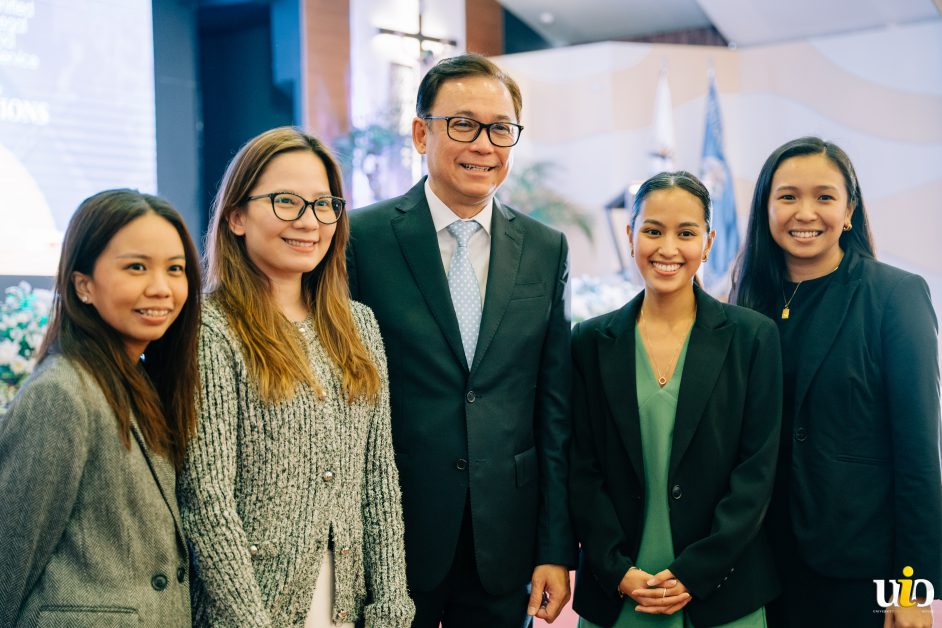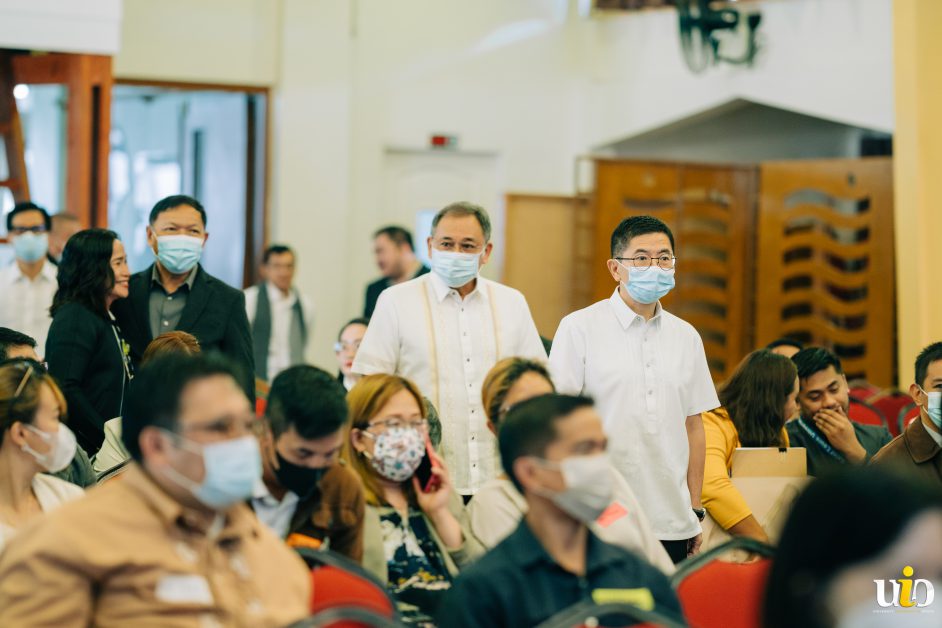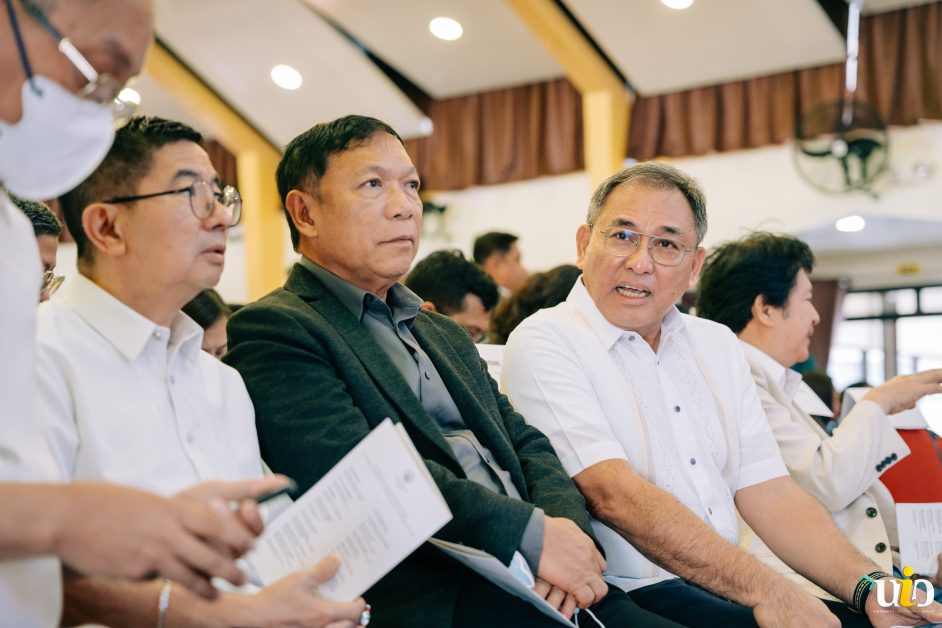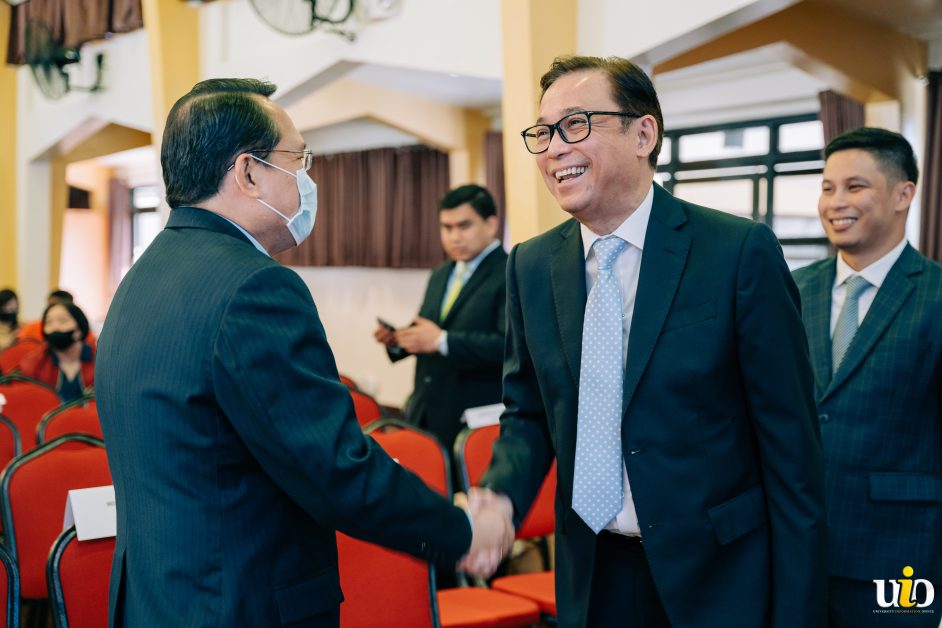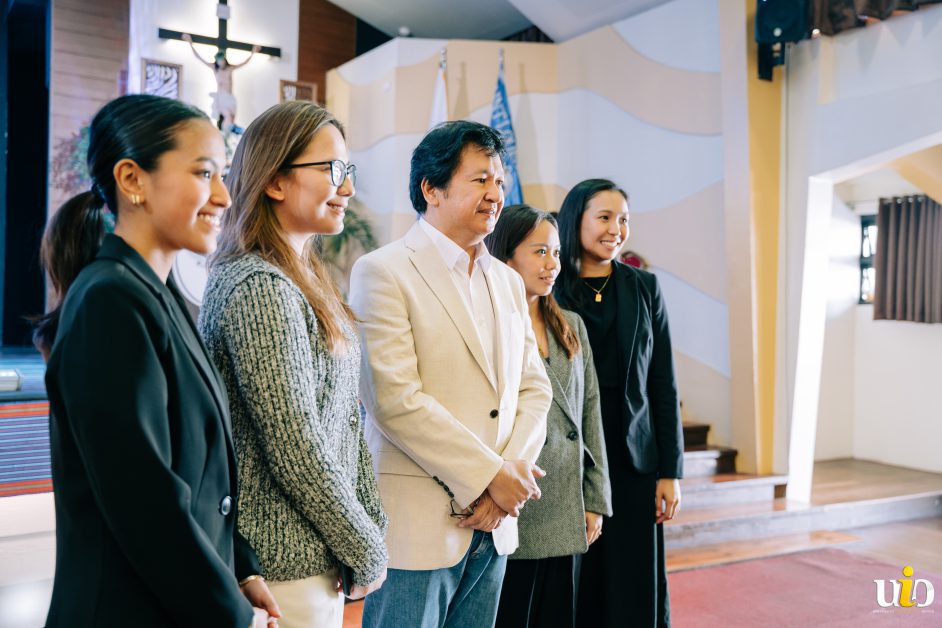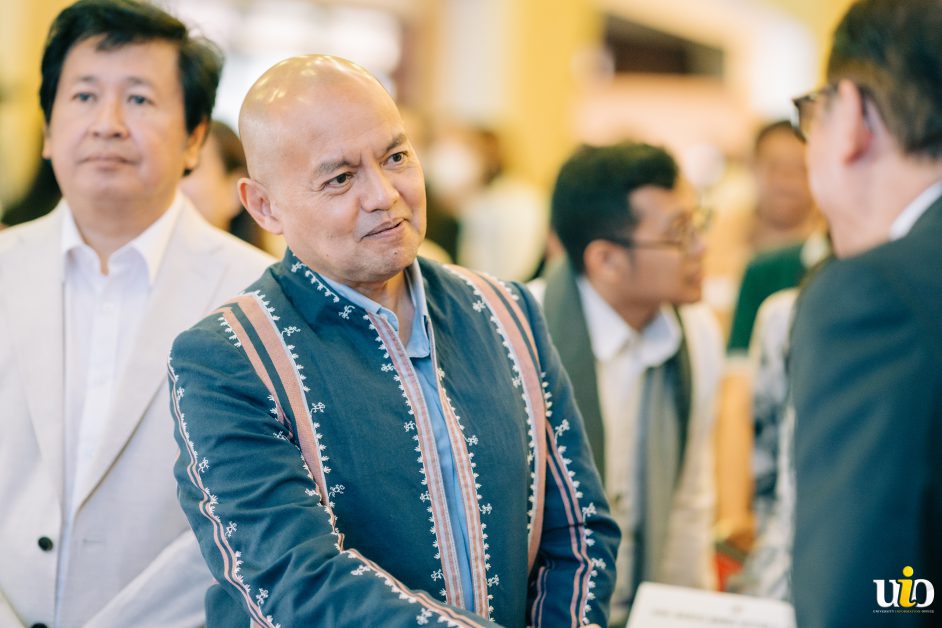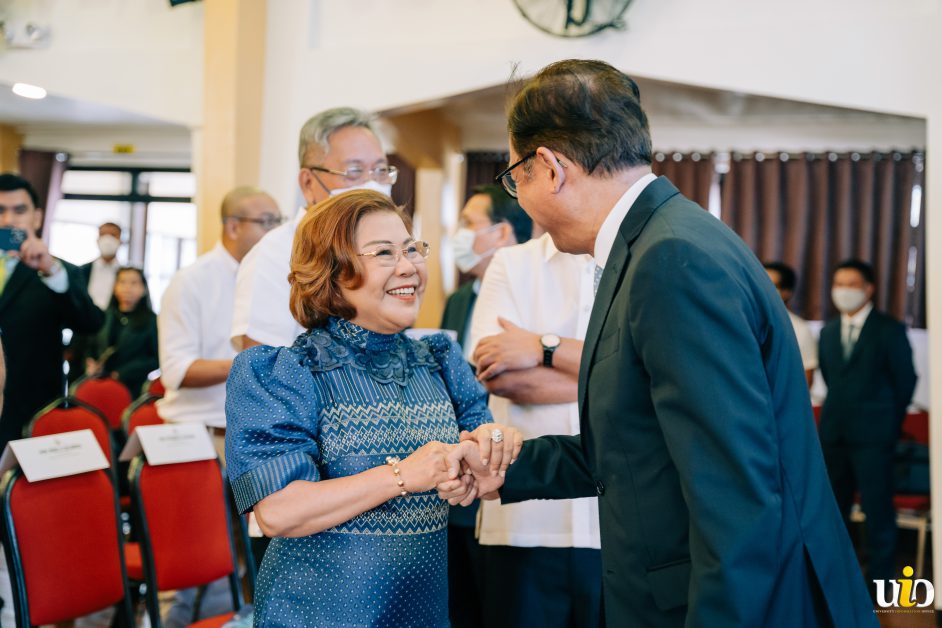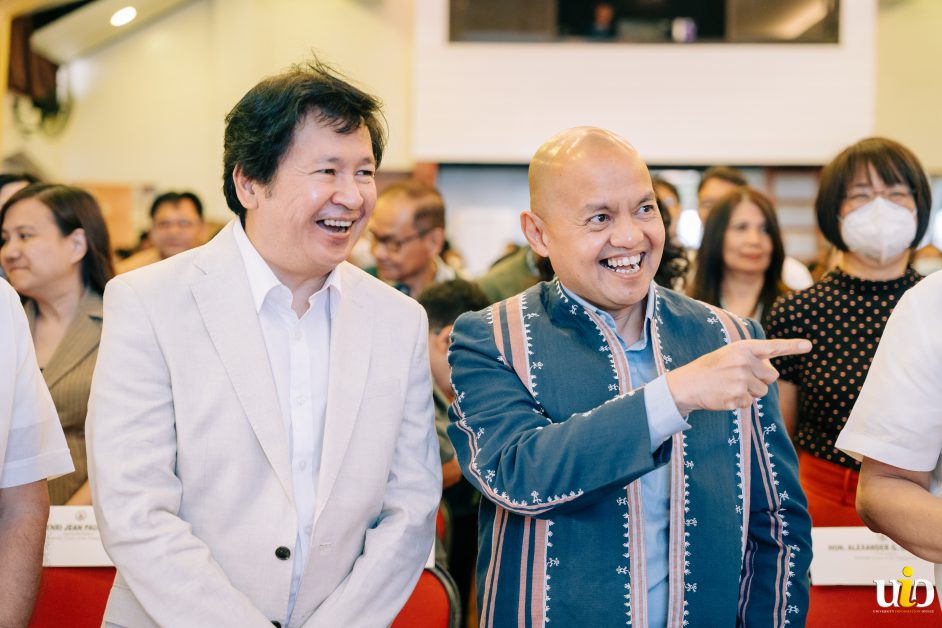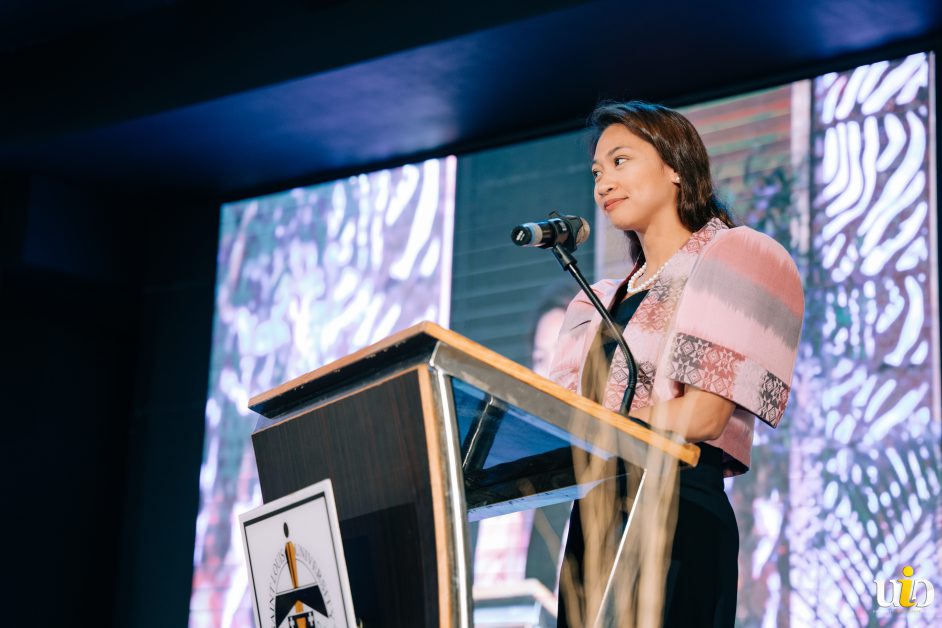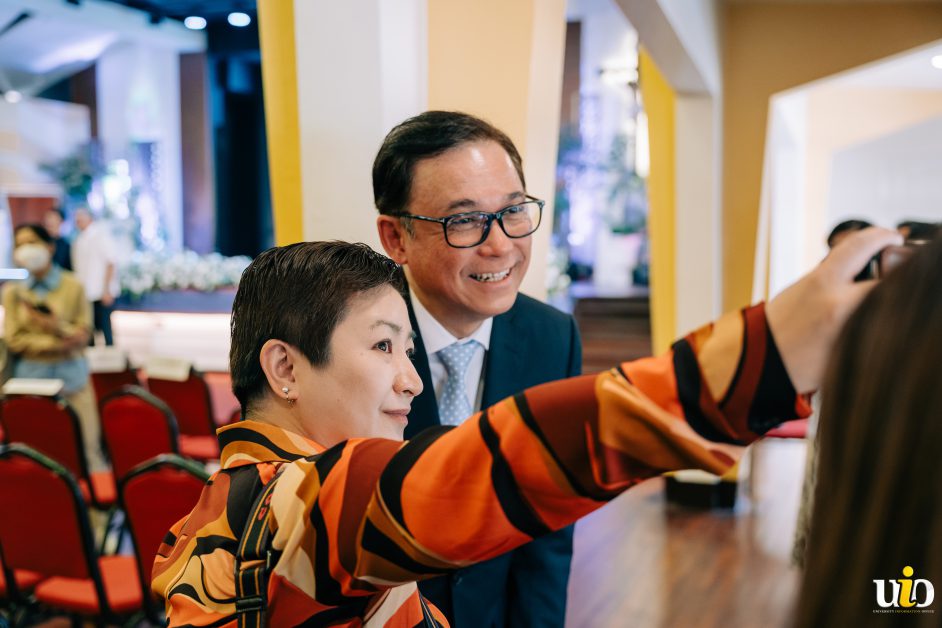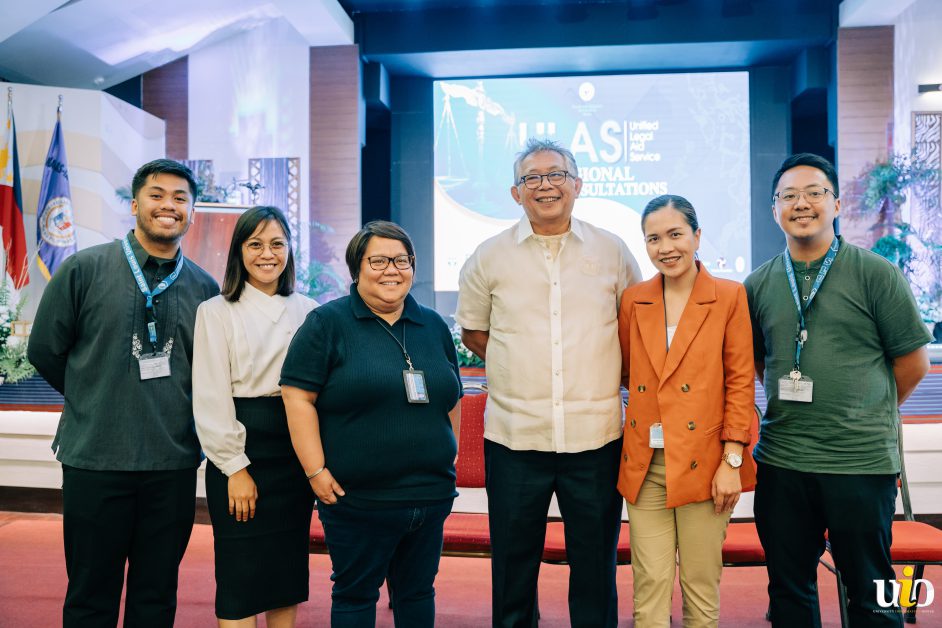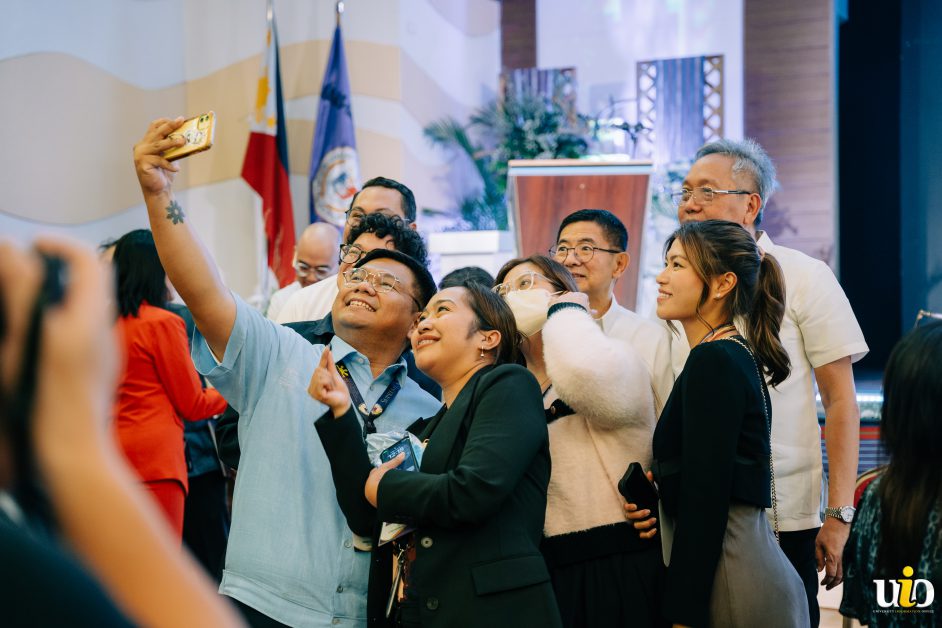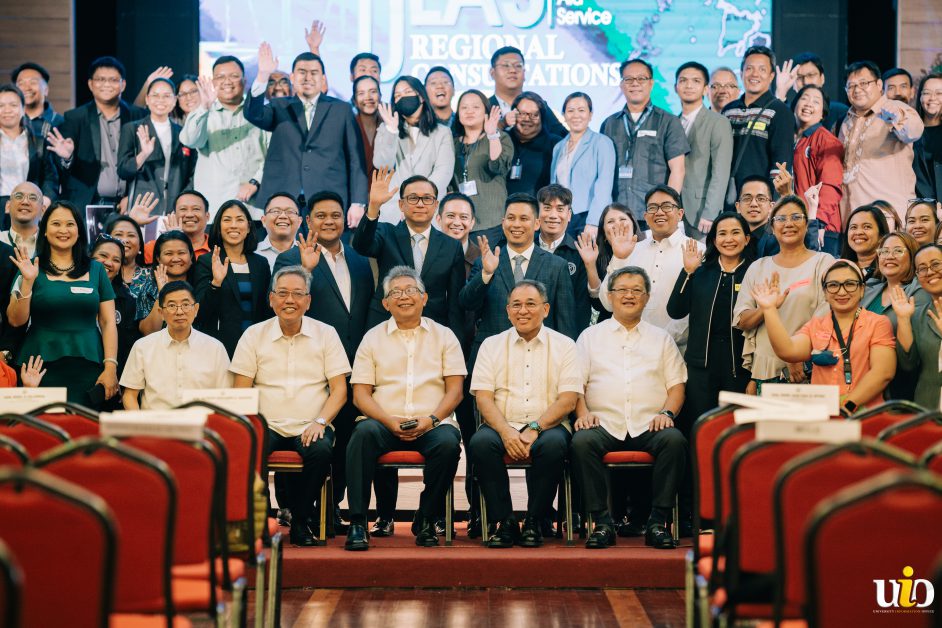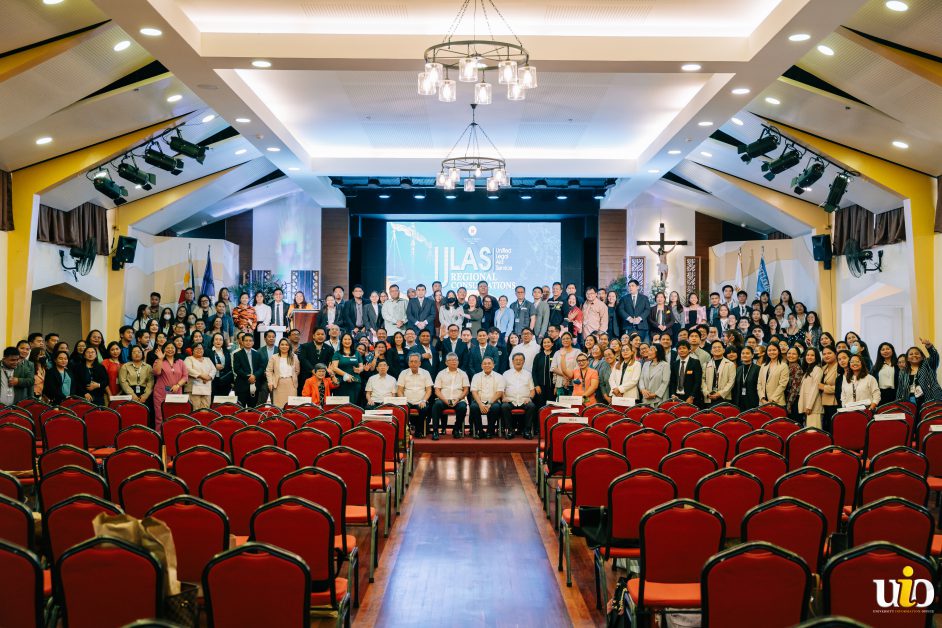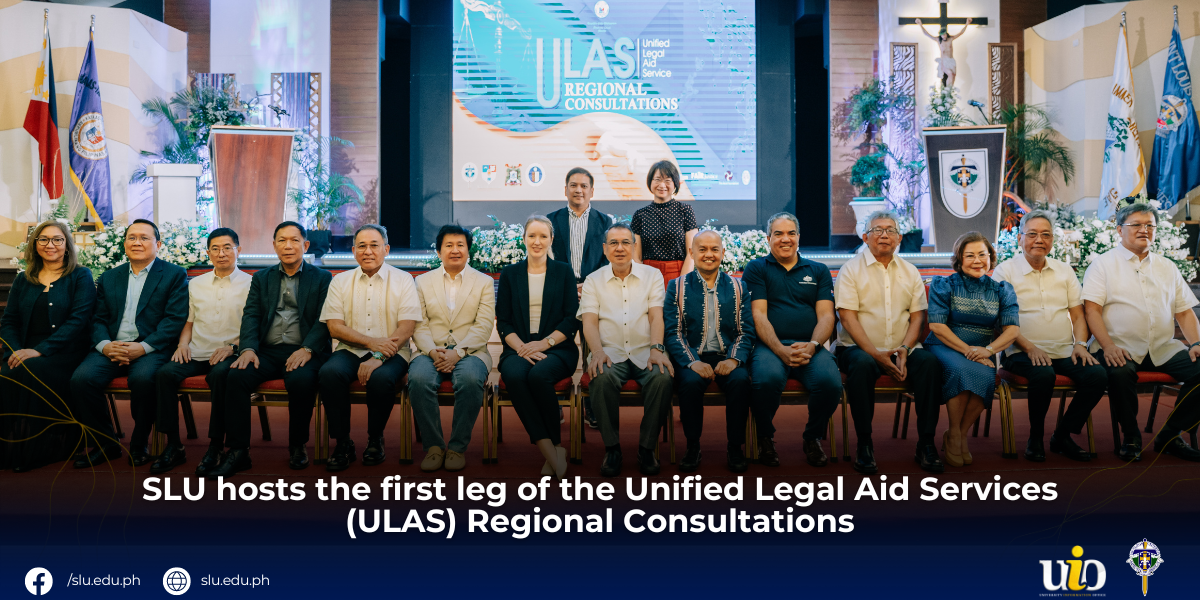In a significant move towards enhancing access to justice for all, the Supreme Court Justices of the Philippines led the conduct of the first of the four-leg Unified Legal Aid Service (ULAS) Regional Consultations on 12 April 2024 at the Fr. Francis Gevers Hall, Diego Silang Building, Saint Louis University, Baguio City.
At its core, the first ULAS Regional Consultation– attended by the Supreme Court Justices: Chief Justice Alexander G. Gesmundo, Senior Associate Justice Marvic M.V.F. Leonen, Justice Alfredo Benjamin S. Caguioa, Justice Ramon Paul L. Hernando, Justice Amy C. Lazaro-Javier, Justice Henri Jean Paul B. Inting, Justice Rodil V. Zalameda, Justice Samuel H. Gaerlan, Justice Jhosep Y. Lopez, Justice Japar B. Dimaampao, Justice Antonio T. Kho Jr., and Justice Filomena D. Singh and spearheaded by the Supreme Court’s Technical Working Group (TWG) – aimed at engaging various stakeholders, including members of the legal profession, representatives of marginalized communities, and non-governmental organizations in a collaborative dialogue.
Through the consultations, the Supreme Court sought to gather input by deliberating on key provisions and ensuring that the ULAS Rules are effective, accessible, and responsive to the needs of the most vulnerable sectors of society.
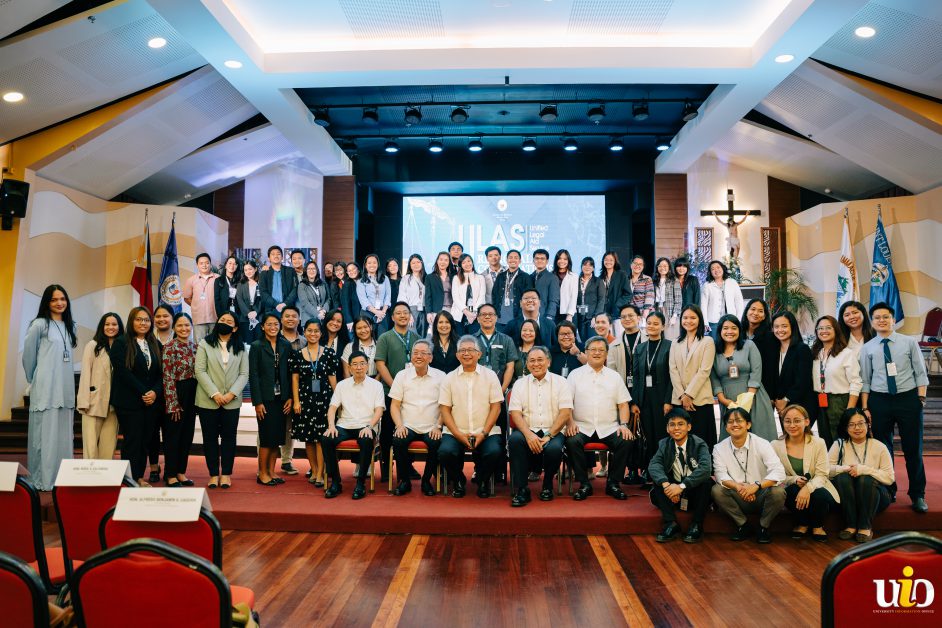
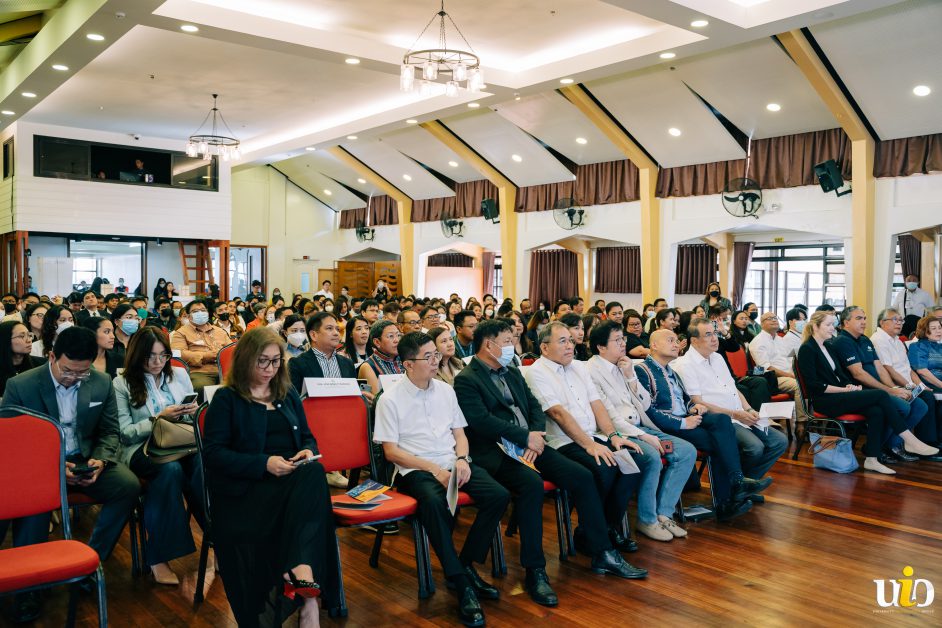
ULAS, in addressing the concerns of the administration and accessibility of legal aid services and consultation, aims to expand the Rule on Mandatory Legal Aid Service for Practicing Lawyers 2009 and the Rule on Community Legal Aid Service (CLAS).
Opening the program, SLU President Rev. Fr. Gilbert B. Sales, CICM, gave a warm welcome, expressing appreciation for the opportunity the program presented as it aligns with SLU’s mission-vision of developing lawyers that are committed to serve the community and take part in nation-building.
“With respect to our legal professionals, with the drafting of the United Legal Aid Service (ULAS) Rules, we can only expect furthered administration of justice, with justice being made genuinely accessible to the last, the least, and the lost. Without an iota of doubt then, we can easily conclude that fortifying the legal aid program through unified rules would strengthen the integrity of the legal profession. It will encourage public trust toward the administration of justice, towards our legal professionals. It will promote access to adequate legal assistance as enshrined in the supreme law of the land,” Fr. Sales also stated.
Following Fr. Sales, Dr. Moya Collett, Acting Ambassador of the Australian Government Department of Foreign Affairs and Trade, gave a message of support on behalf of other Developmental Partners to the Philippine government and the Supreme Court for the chance to launch the new partnership, Fair Justice, with the Australian Government. Dr. Collet noted that the project takes investment of knowledge, time, and empathy to provide legal aid service and assistance to those in marginalized communities.
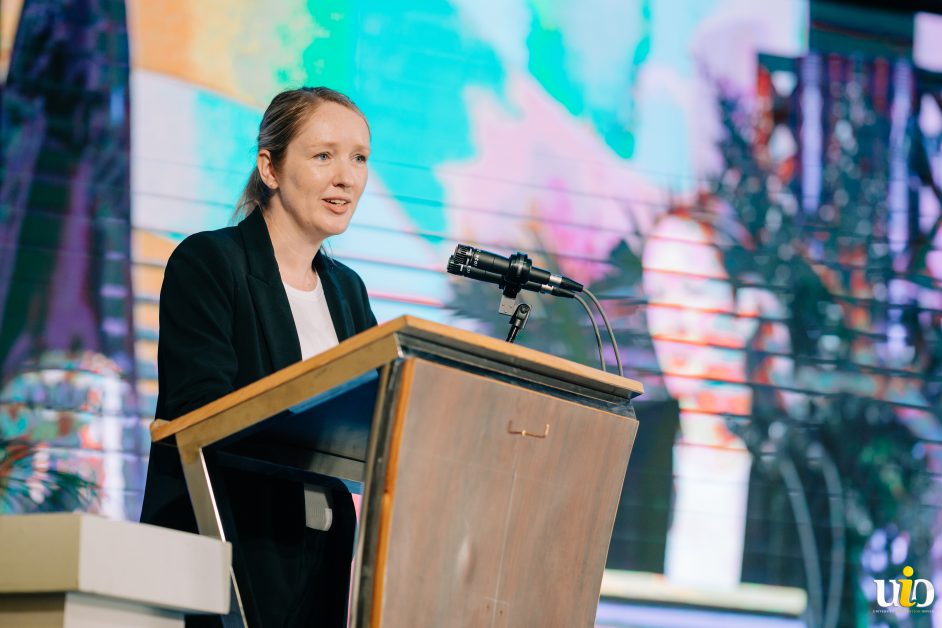
“Our program as a whole is aimed at working with the Supreme Court to enhance the administration of justice to some of the countries’ most underprivileged people. As part of this program, one of our focuses is to ensure that we are promoting locally led development and this kind of work is what we mean by that. Of course I recognize that providing legal aid requires a huge investment of knowledge, time, and empathy in order to provide these services but this is really important and a noble endeavor,” Dr. Collet remarked.
Hon. Marvic M.V.F Leonen, Senior Associate Justice, Supreme Court, after acknowledging the Supreme Court delegates and offering them thanks, reminded the audience in his inspirational message that the core of a good program should be incentives, support, and conscientization. Hon. Leonen then presented a vision to the audience – the kind of work they would do and the aid that they can contribute to indigenous groups if lawyers followed their obligation of recognizing and understanding the less privileged. “In engaging the particular members of the community, the men and women, the elders and the youth, the lawyer needs to recognize and navigate through the intricacies of interaction, to be keen about the power dynamics of the community,” Senior Associate Justice Leonen affirmed.
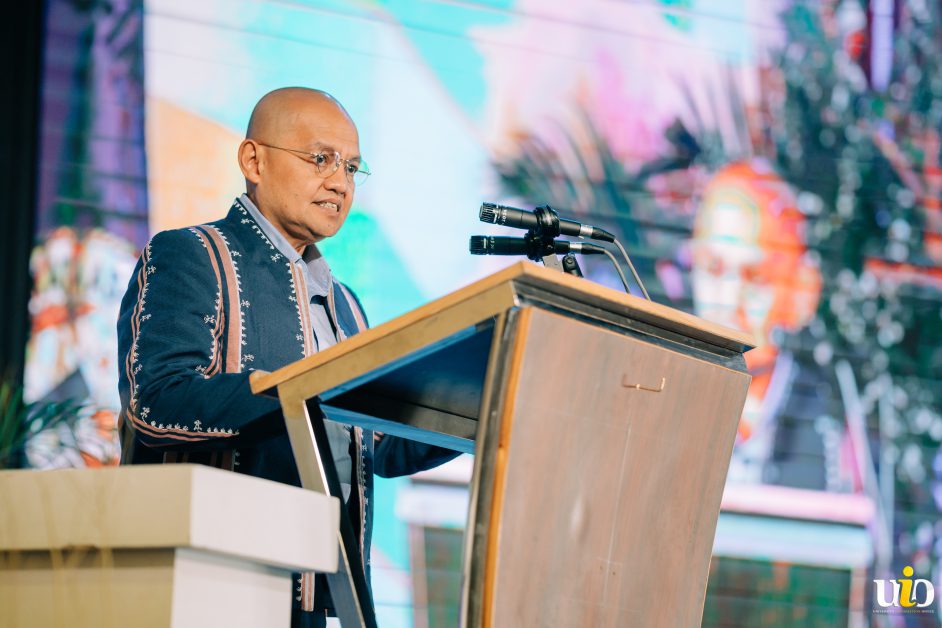
Thereafter, Hon. Alexander G. Gesmundo, 27th Chief Justice of the Supreme Court, set the tone of the program with his keynote address as he discussed the objectives of ULAS. Hon. Gesmundo noted that through the product of exhaustive study, collaboration, deliberation, and discernment, the Strategic Plan for Judicial Innovation (SPJI) had set comprehensive rules to improve the judiciary into a timely, transparent, accountable, equal, inclusive, and technological adaptive management to answer external concerns.
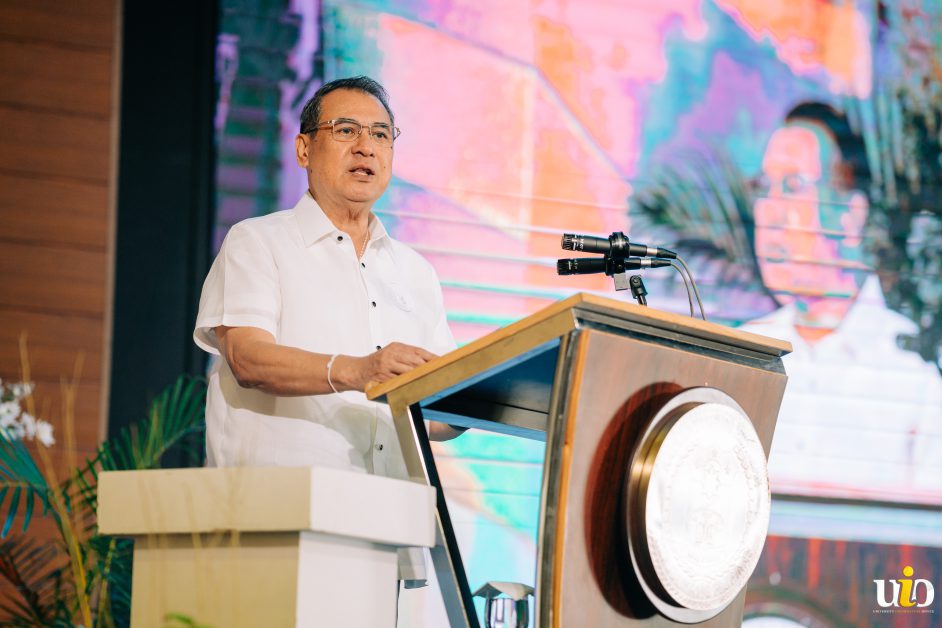
In the prefatory address of Hon. Alfredo Benjamin S. Caguioa, Associate Justice, Supreme Court and Chairperson of TWG, stressed the necessity of the ULAS Rules to meet the role of a lawyer. ULAS rules are aimed at those who are to benefit from an institutionalized legal aid framework. Hon. Caguioa observed that the fairness and the shot for justice can feel like something we need to afford because the Filipinos living below the poverty line see the aid as a privilege rather than a right.
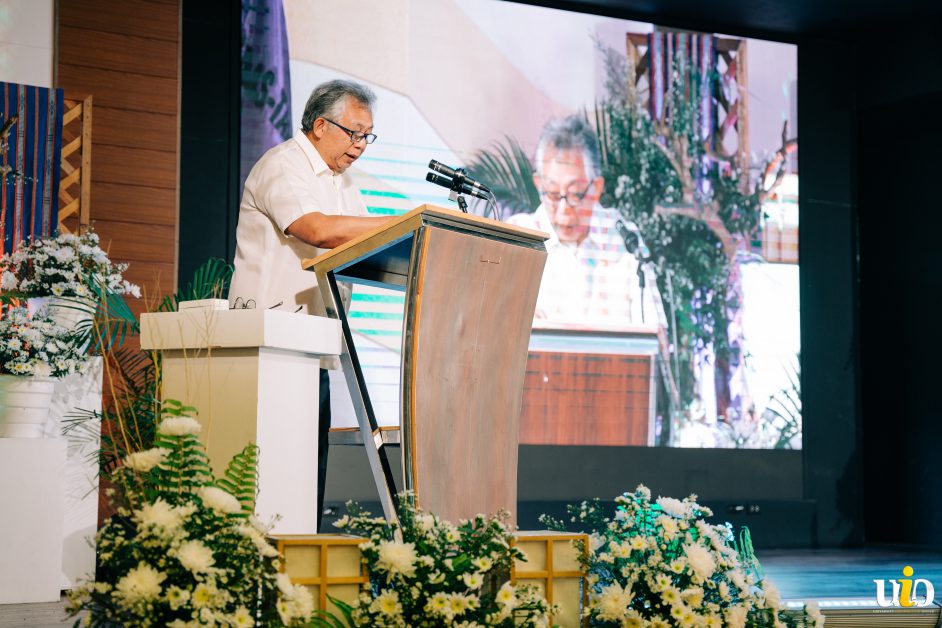
“The ordinary Filipinos, those who mean no access to legal services as a remote privilege rather than a right, those who often need to choose between paying for consultation fees or putting food on the table, those who live so far remote from the availability basic legal help but are at the heart of those who most need them, they are the people for whom we gather here today,” said Associate Justice Caguioa. He added, “The new important steps in that direction inspires us to allow for hope. Hope that our institutional years are not unheeding to the call of the rising needs. Hope that our practices are not unmindful of the far-reaching unavailability of legal service. Hope that we in the legal profession are locked in our desire to answer the constitutional call and extend hard work for the benefit of more.”
Atty. Tranquil S. Salvador III, a TWG Member, gave an overview of the proposed ULAS Rules. The topics tackled included mandatory Pro Bono legal aid services, qualified beneficiaries, covered lawyers, excluded lawyers, prohibition against solicitation, the minimum number of hours to comply, compliance period, ULAS compliance numbers, contribution, crediting of legal aids, aggregation of hours, excess hours, incentives, effects of non-compliance, ULAS board, and the implementation of rules and regulation.
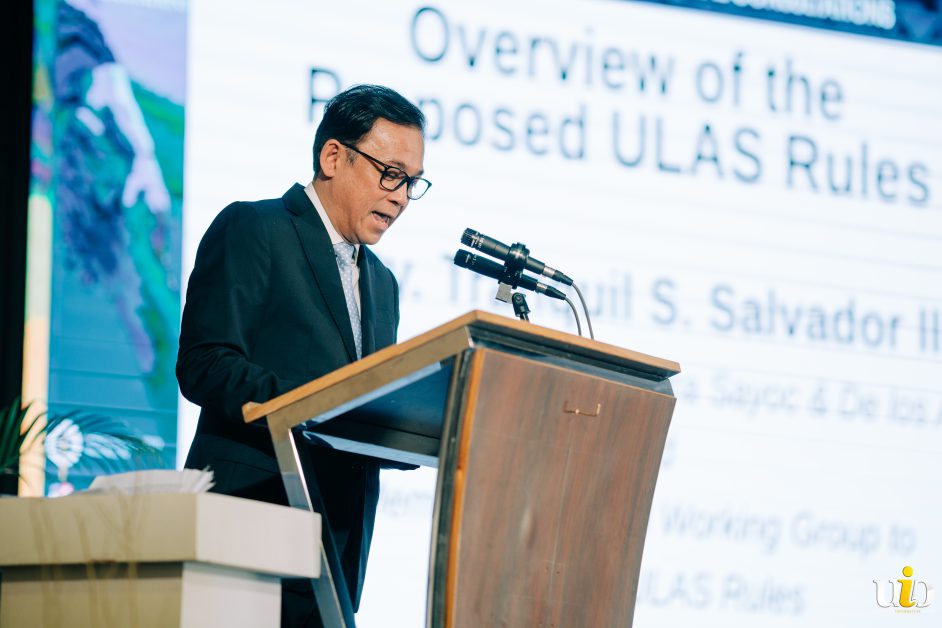
A breakout session then commenced in groups of five where members discussed the thoughts and suggestions of the stakeholders to the presented proposed ULAS rules. Each group consisted of a solo-practitioner, a lawyer from a small-sized firm, a lawyer from a medium or large-sized firm, in-house counsel that includes tax lawyers, a lawyer employed by NGOs/NPOs, and a member of the academe.
Atty. Ian Daniel B. Galang, Villanueva Gabionza & Dy and Representative, TWG Representative, summarized the recommendations that were discussed during the breakout session.
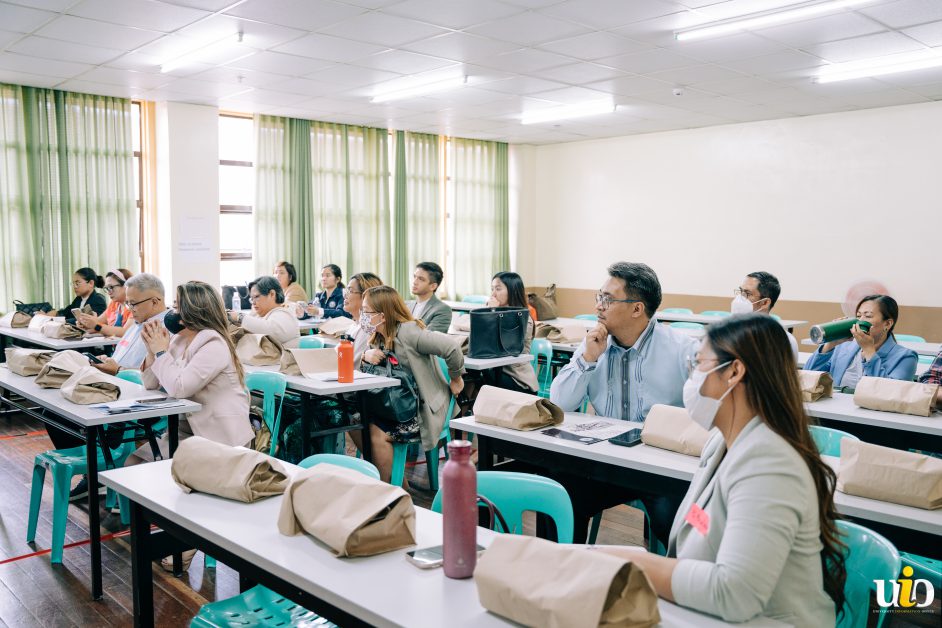
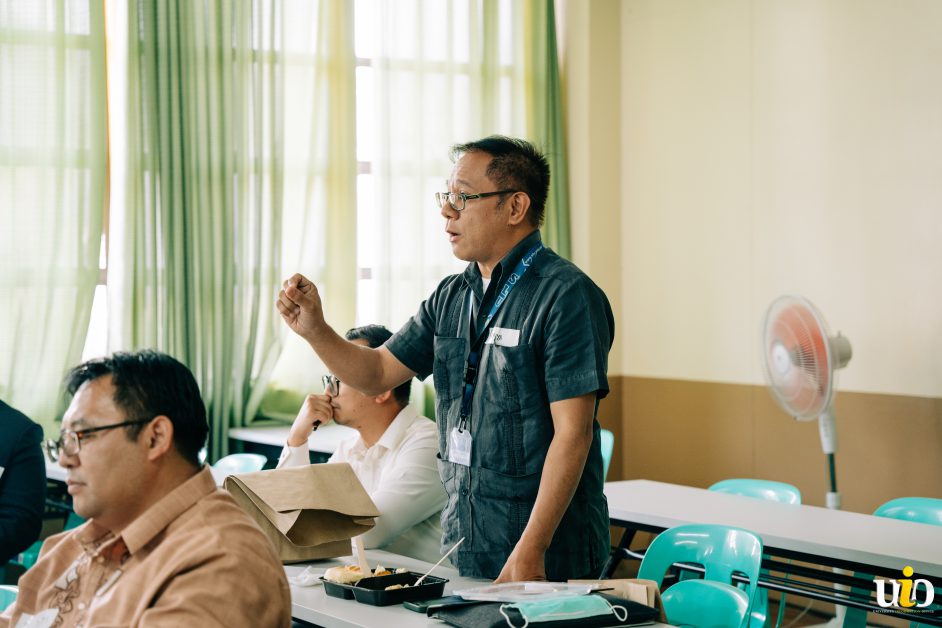
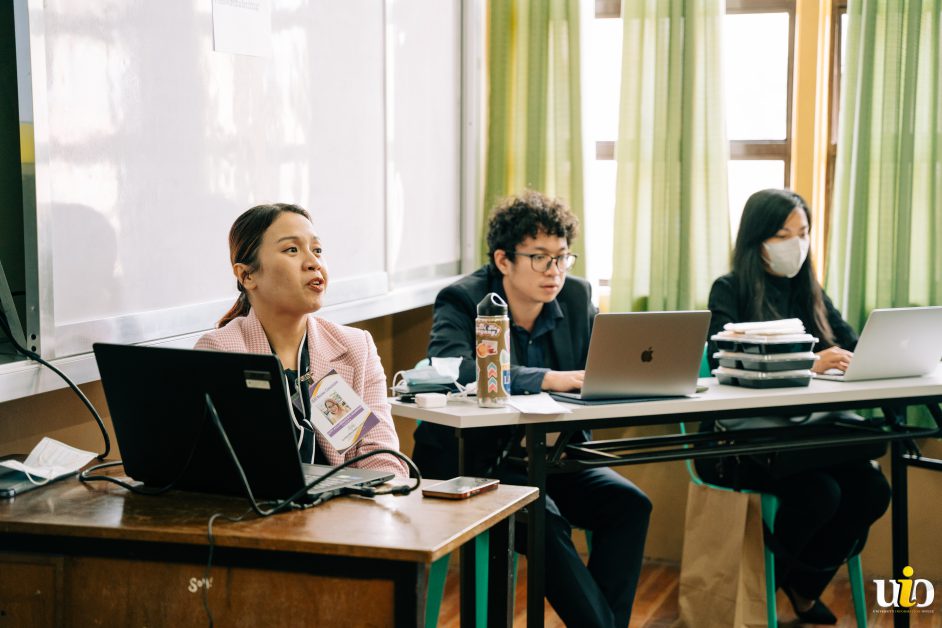
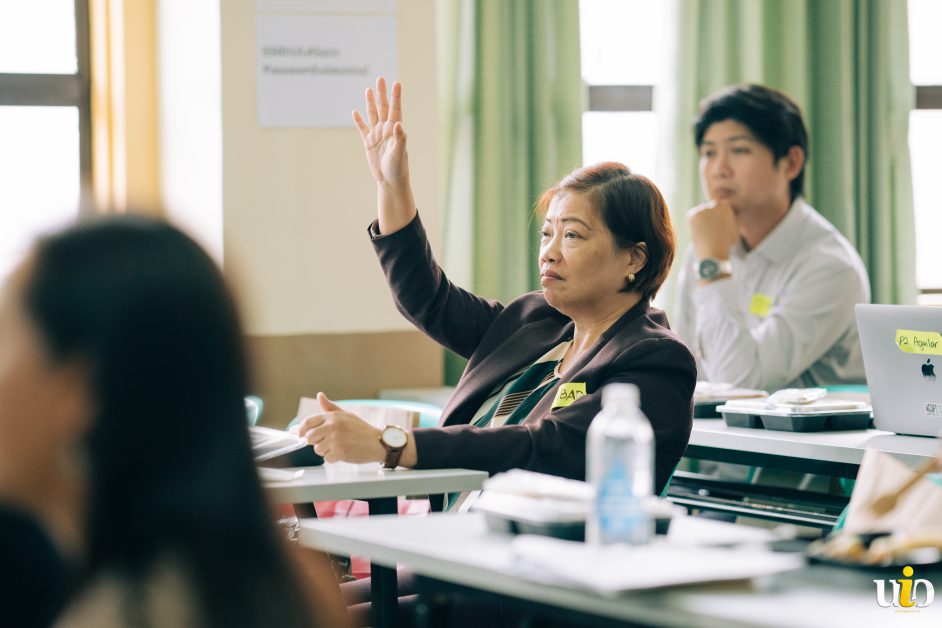
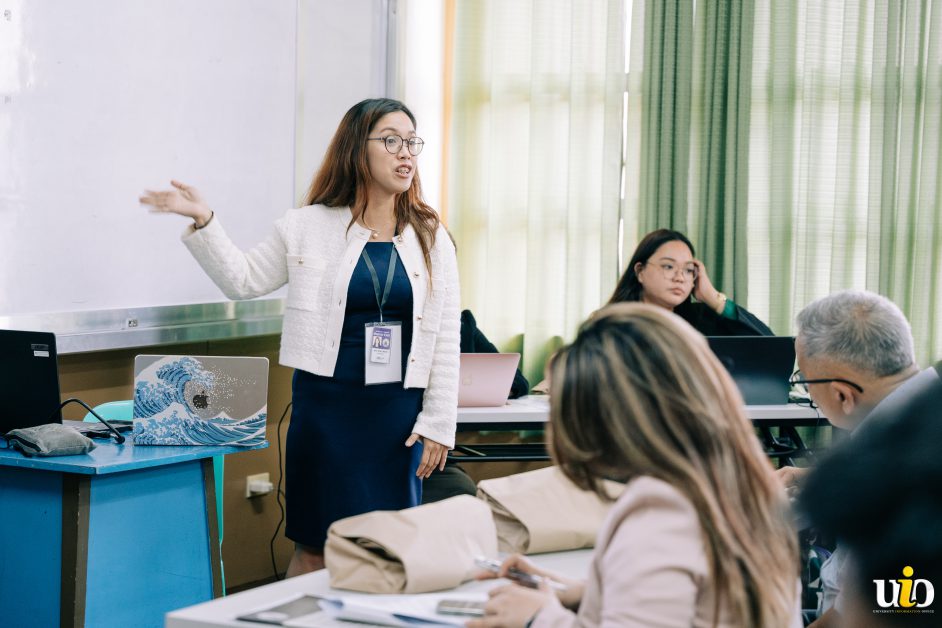
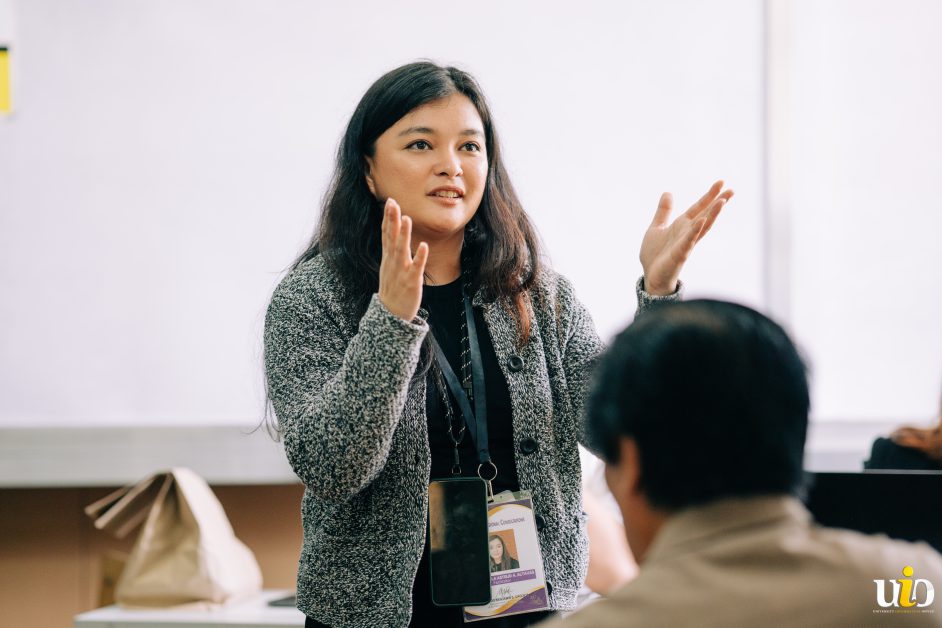
Closing the program, Hon. Rodil V. Zalameda, Associate Justice, Supreme Court and TWG Vice-Chairperson, offered his thanks to the participants and stakeholders that attended to present their feedback to ensure that the product is timely, responsive, and beneficial for the parties involved. Hon. Zalameda said, “The ULAS is not some newfound concept. It has always been woven into the fabric of our judicial system. It is a duty concomitantly bestowed on lawyers as soon as they take their lawyers’ oath. As lawyers, we all took an oath to support the Constitution, which implicitly imposes on us, the duty to render legal assistance equally to those who seek it. In the new lawyers’ oath, the duty is more explicit for the members of the Bar to ensure greater and equitable access to justice.”
Hon. Zalameda also stated, “There have been several efforts to make legal aid mandatory for lawyers, and its processes responsive to the needs of our stakeholders. In its latest iteration, the ULAS is the Court’s revolutionary initiative to finally and firmly institutionalize effective, efficient, and attainable legal aid service for those who need it. It may have been a long time coming, with its many revisions over the years, but it has always been bound by the same underlying purpose – to maximize access to justice of the indigent and marginalized members of our society.”
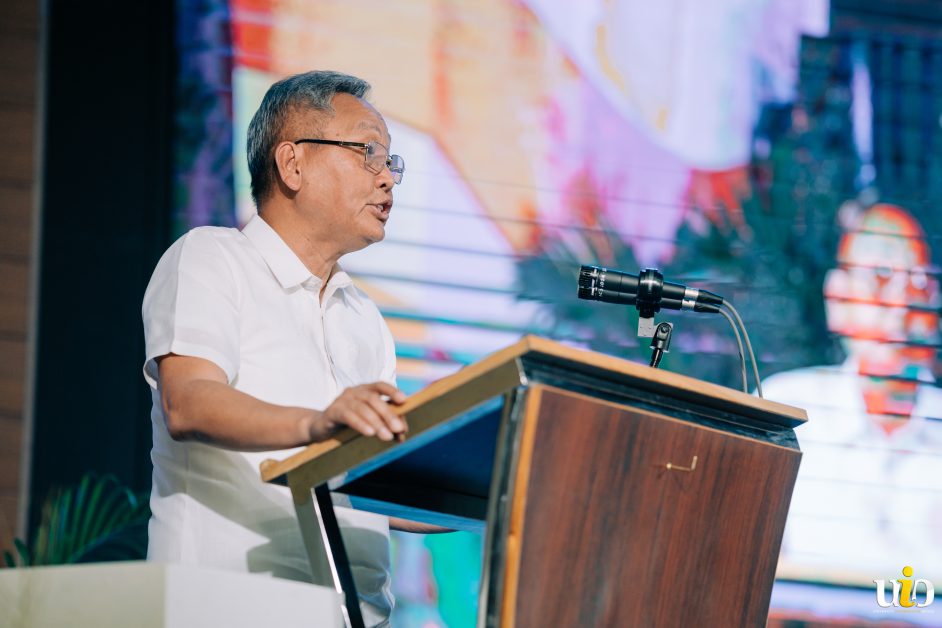
Following the launch of the ULAS Regional Consultations in Baguio City, the Supreme Court will conduct three more Regional Consultations in Cagayan de Oro, Iloilo City, and Makati City, respectively, underscoring the nationwide scope and significance of the initiative. Supported by partners such as the Australian Government, Department of Foreign Affairs and Trade, The Asia Foundation, and the Integrated Bar of the Philippines, the consultations represent a collective commitment to advancing access to justice across the Philippines.This initiative signifies a pivotal step towards building a more equitable and inclusive legal aid system in the Philippines.
The ULAS Regional Consultation is a testament to SLU’s commitment to align with the Universal Sustainable Development Goals 10 (Reduced Inequalities), 16 (Peace, Justice, and Strong Institutions), and 17( Partnership for the Goals). In addition to SLU’s dedication to the CICM Advocacies Peace, Justice, and Indigenous. (Article by Rita Lopez and Sarah Navalta, UIO Interns | Photos by Khryss Noelle Arellano and Justhine Plana, UIO Interns)
